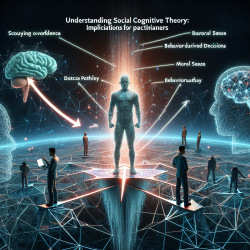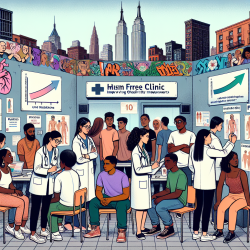Introduction
In today's rapidly evolving healthcare landscape, the importance of specialized training in addiction medicine cannot be overstated. The article "Substance Misuse Education for Physicians: Why Older People are Important" underscores the critical need for enhanced education in substance-related disorders, particularly for the geriatric population. As practitioners, we must recognize the growing prevalence of substance misuse among older adults and the necessity for targeted education to address this issue effectively.
The Growing Need for Specialized Training
Substance misuse, including alcohol, prescription drugs, and nicotine, presents significant challenges to global health. The geriatric population, in particular, is at increased risk, with alcohol use disorder becoming a major public health concern. The research highlights the need for addiction medicine to be integrated into both undergraduate and postgraduate medical curricula to equip future physicians with the skills and knowledge necessary to manage these complex cases.
Key Outcomes and Recommendations
The research emphasizes several key outcomes that practitioners can implement to improve their skills:
- Enhanced Curriculum: Integrate addiction medicine into medical education at all levels, focusing on the specific needs of the elderly population.
- Continuous Professional Development: Encourage ongoing training and education for medical professionals to stay updated on the latest research and treatment methods.
- Addressing Stigma: Reduce stigma associated with substance misuse through education, fostering a more compassionate approach to treatment.
- Interdisciplinary Collaboration: Promote collaboration among healthcare providers to ensure comprehensive care for patients with substance-related disorders.
Encouraging Further Research
While the article provides a strong foundation for improving substance misuse education, it also calls for further research to map current teaching practices and identify gaps. Practitioners are encouraged to contribute to this body of research, exploring innovative approaches to education and treatment that can be shared globally.
Conclusion
As healthcare providers, we have a responsibility to ensure that our education and training are aligned with the needs of our patients, particularly the vulnerable elderly population. By implementing the outcomes of this research and engaging in further study, we can enhance our skills and provide better care for those affected by substance misuse.
To read the original research paper, please follow this link: Substance Misuse Education for Physicians: Why Older People are Important.










